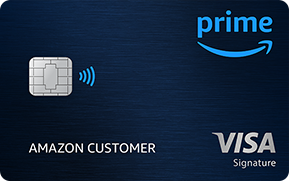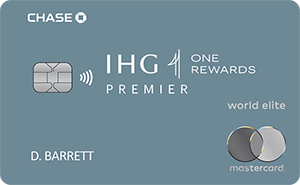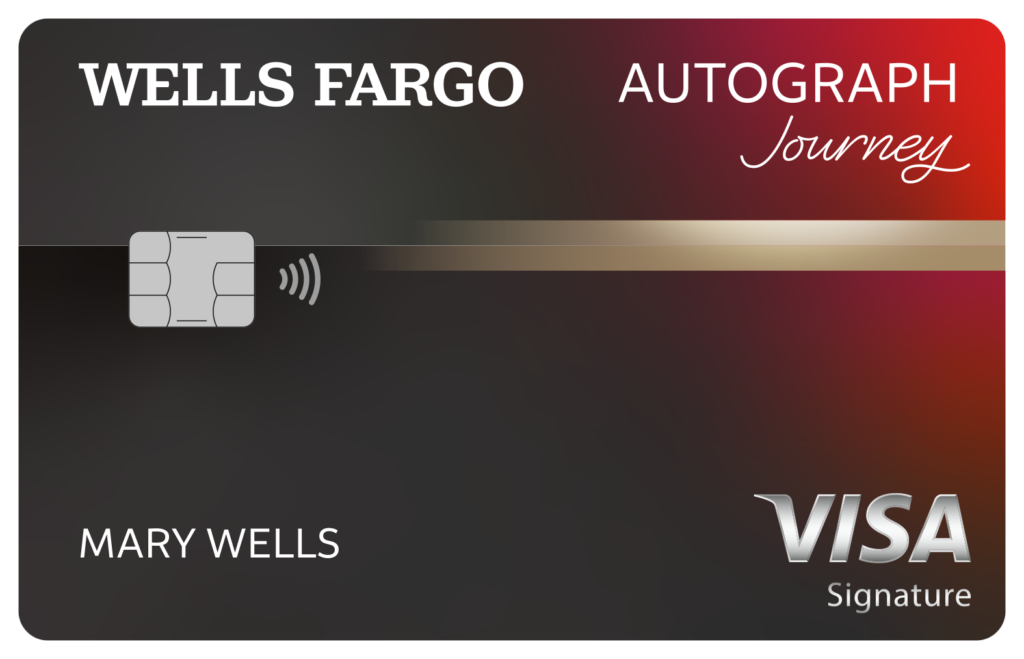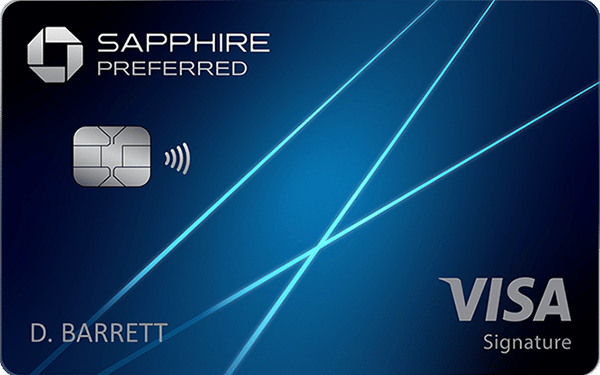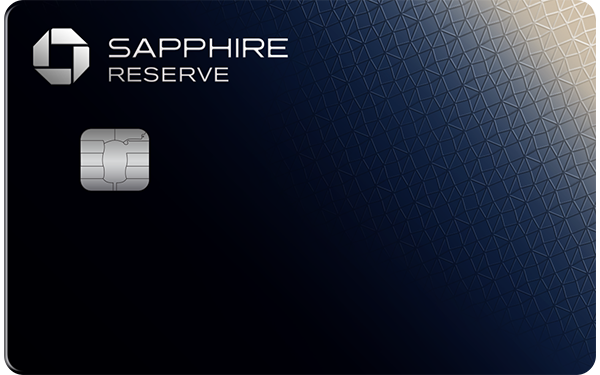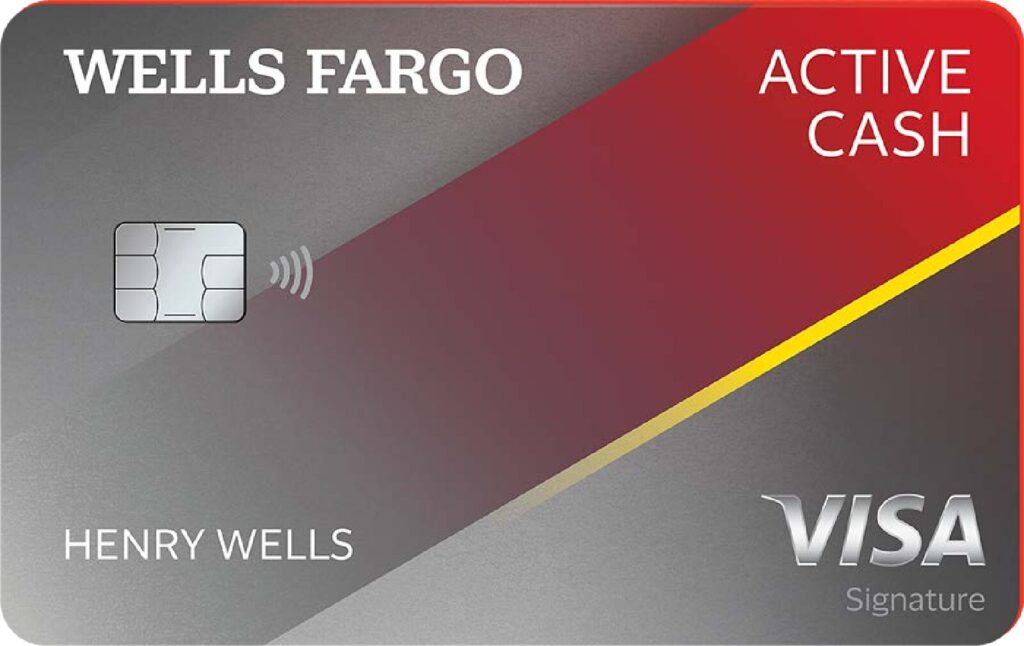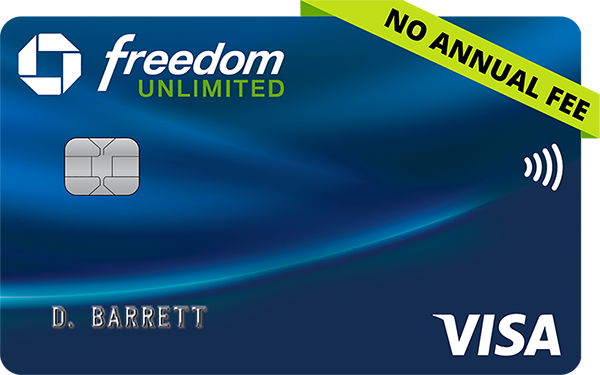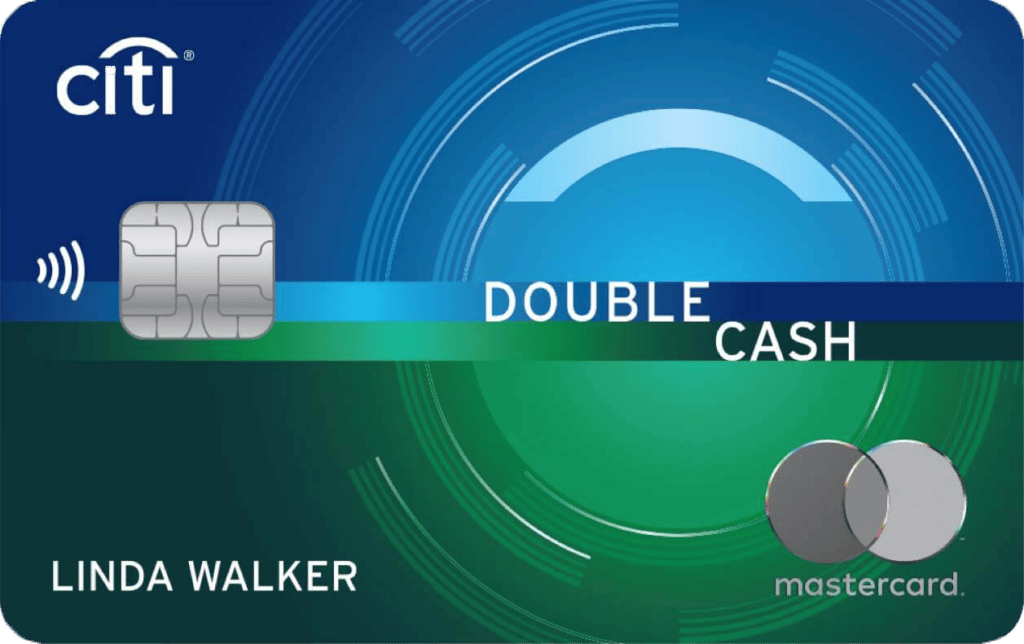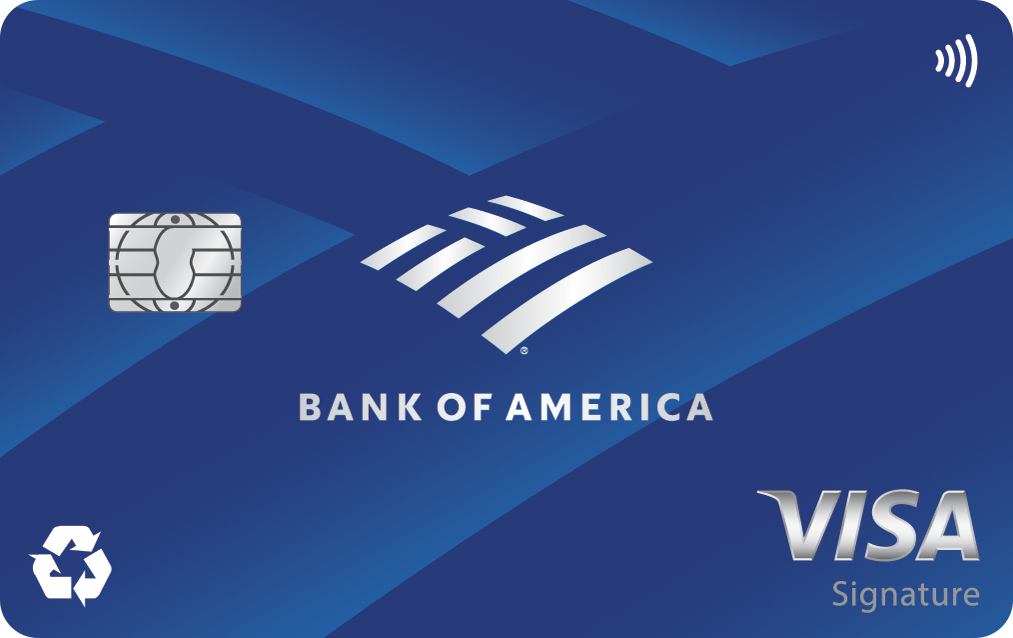How Do Credit Card Sign-Up Bonuses Work?
Many credit cards offer a sign-up bonus in the form of cash back, points, miles or statement credits to new cardholders for meeting specific requirements. Typically, you’ll have to spend a certain amount on the card within a short time frame to earn the bonus. Three months is common, but each card sets its own parameters.
Here are a few key things to know about how credit card bonuses work:
- Minimum spend is required: You need to spend a certain amount on the card in a short time frame to earn the bonus.
- Limitations on qualifying spend: Some spending—like buying gift cards, getting a cash advance, transferring the balance from another card or paying the annual fee—usually doesn’t count toward the spend requirement.
- Sign-up bonuses can come in different forms: Card issuers pay out bonuses in different ways, including as statement credits, points, miles and cash back, so make sure the reward fits your needs.
- Waiting period to receive your bonus: It can take a while to receive the bonus, depending on the card issuer, with some taking one or two billing cycles or even up to 12 weeks in some cases.
If you find an offer you like, check out the card’s terms and conditions to see what spending is excluded and any other guidelines to be sure you can hit the requirements to earn the bonus. Welcome offers can be enticing, but they’re only worth it if you’re not overspending just to get the bonus.
Quick Tip
As an example, a welcome bonus could be $300 if you spend $4,000 in the first three months you have the card.
Types of Credit Card Bonus Offers
Credit cards that offer sign-up bonuses offer them in different ways, the most common being cash back, points or miles, and statement credits. Here is the break down of each.
Statement Credits
Some bonuses are rewarded as statement credits. These can be a really useful tool in paying down what you owe on the card because they get attributed to your bill, reducing what you owe. It’s not the flashiest reward out there, but it effectively puts cash in your pocket by decreasing how much you have to pay.
Points and Miles
Other cards reward you in points or miles. This can turn your bonus into a free vacation. These points or miles usually go furthest when redeeming them for travel. Some cards will allow you to redeem your points or miles for cash, account credit or gift cards, but the conversion rate isn’t always as high. Redeeming points or miles might take a little more legwork since you have to make sure you are redeeming your hard-earned points or miles for top dollar travel plans.
Cash Back Bonuses
Cash-back bonuses can be more flexible than earning points. Typically, you won’t earn as much cash back as you would point and miles, but it is easier to spend. To redeem your cash-back bonus, just request to have the bonus transferred to your bank account.
 Related Article
Related Article
Cash Back vs. Points—Which Credit Card Rewards Program Is More Valuable?
Choosing a Bonus Offer How to Choose the Best Credit Card Sign-Up Bonus
Consider these factors when comparing credit card welcome offers.
-
1
Make Sure You Can Earn the Bonus With Your Normal Shopping
The best bonuses are the ones that fit your regular budget. Check how much you’d need to spend to earn the bonus, and sign up at a time when you know you can meet the spend requirement with your regular spending habits—or if you have a big purchase planned already.
-
2
Decide Whether the Annual Fee Is Worth It
If the card has an annual fee, weigh that cost against the card’s perks. Cards with smaller annual fees typically offer smaller bonuses, but they also have lower spending minimums to activate the bonus.
-
3
Research the Card Issuer’s Past Offers
Credit card deals come and go. Research other offers the card issuer has promoted in the past year. There’s a good chance similar bonuses will occur again, and you might snag a better one by waiting a while.
-
4
Choose a Bonus That Fits Your Spending
Look for a bonus that matches your financial habits. If you don’t love to travel, a big miles offer might not benefit you much. But if the bonus is a statement credit you can put toward your bill and you plan to use that card for all your grocery shopping, you could easily come out ahead.
Pros and Cons of Credit Card Sign-Up Bonuses
Pros
- Could put some cash or other rewards in your pocket
- Some are easy to earn with everyday spending
- Could help you build or improve credit
Cons
- Could tempt you to overspend
- Could lead to debt
- Rewards type might not fit your regular spending habits
Pros
Welcome offers have a lot going for them. Here are some of the best perks.
- Could Put Some Cash in Your Pocket: A sign-up bonus can be an easy way to receive a nice chunk of cash back or a bunch of credit card points you can use for travel discounts and shopping. If you plan to spend enough to earn a bonus anyway, it makes sense to get a little extra for little effort while you’re at it.
- Some Bonuses Are Easily Earned With Everyday Spending: Many offers these days are achievable for a lot of people with their regular shopping. For example, if a card requires you to spend $1,500 in three months and you put all your grocery, gas, and other recurring spending on that card, you might easily hit that mark in 90 days.
- Could Help Improve Your Credit: The mere act of earning a bonus itself won’t improve your credit, but if you get a new credit card and pay off your bill in full every month, your credit score will likely increase. The key is to not carry debt or overspend on that new card.
Cons
Bonuses can be extremely tempting but they have some drawbacks to keep in mind.
- Could Tempt You to Overspend: An enticing sign-up bonus can be hard to resist, and if you end up making purchases just to hit the spend requirement, you might push yourself outside your budget. The best credit card sign-up bonuses are the ones you can earn without going beyond your planned expenses so you don’t end up carrying a balance and facing big interest charges.
- Could Lead to Debt: Similarly, a sign-up bonus, and the card itself, could lead you toward debt. If the bonus—or the convenience of having another credit card in your wallet—leads you to buy more than you can afford, you could quickly fall into debt. Carrying any balance, even a small one, on a credit card after the bill is due can quickly snowball because interest charges pile up fast.
- Bonus Might Not Fit Your Shopping Habits: A welcome offer is all well and good until you realize the reward doesn’t work for your spending. If you earn a big points bonus that’s best used for airfare but you have no plans to travel anytime soon, you probably won’t get much out of that deal. Always check what form the bonus comes in to be sure you can use it toward purchases you plan to make anyway.
How to Maximize a Credit Card Sign-Up Bonus
Once you know which credit card bonus you will be pursuing, it’s time to make the most of it. Here are some ways to earn more rewards and maximize your return.
Time Your Applications Carefully
Timing is everything when it comes to credit cards. You want to apply when the card has the best offer, and also at a time you can easily make the spending requirement—such as around a holiday or before booking a vacation. Also be sure to let enough time pass between similar credit card offers. For example, you must wait 24 months to receive another sign-up bonus from a Chase credit card.
Never Overspend
The desire to meet your spending limit might put you in a shopping flurry. Keep track of your spending to make sure you reach the minimum without racking up debt. Find a bonus that matches your everyday spending or sign up when you have a big purchase planned.
Look for Special Offers
Sometimes a card will allow you to add an authorized user for additional points, for example. Other times, you can activate offers on your card to make your spending go even further.
Watch for Hidden Fees
Not every retailer lets you swipe your plastic for free. Some purchases incur a convenience fee. These are common for online ticket vendors or third-party companies that let you pay your rent with a credit card.
Know What Counts Toward Your Spending Threshold
Most cards will not count annual fees, transferred balances or cash advances toward the spending requirement. Many cards will also not count gift cards, lottery tickets and similar purchases, either. Read your card’s fine print thoroughly before you spend. When in doubt, a quick chat with your card’s customer service line can help.
Be Careful About Returns
Any returns made on your card won’t count toward your purchase total. Even if you return an item after you receive your bonus, the issuer can reclaim the bonus if your original purchases didn’t meet the spending requirements. But what if you really hate the sweater you bought? Try returning items in exchange for store credit rather than getting credit back on your card.
 Related Article
Related Article
17 Ways to Meet Credit Card Minimum Spending Requirements for a Bonus
Methodology
While the right rewards credit card for you will depend on a number of factors, these are some of our favorites right now that are also offering enviable sign-up bonuses.
We considered a number of factors when choosing these cards, including the value of the bonus, redemption options and whether or not the card charges an annual fee. To help ensure that the card is a great choice for you beyond that initial bonus, we also looked at the benefits included and cash-back cards with a great rewards rate on future purchases.
With each of these cards shown, you will enjoy either no annual fee or a fee that can easily be recouped with the benefits and/or bonuses offered.
Is a Credit Card Sign-Up Bonus Worth It?
A credit card sign-up bonus is worth it if you can earn it without overspending and you can utilize the reward you receive. If you’ll have to make purchases you otherwise wouldn’t just to qualify for the bonus, it’s probably not worthwhile. Also, pay attention to the type of reward you’ll earn and how you can redeem it to ensure it’s a match for your spending habits. The good news is there are a lot of different offers out there, and when the time is right for your situation, you’ll likely find something that fits you perfectly.
Credit Card Bonus Offers FAQ
-
Rewards credit cards and co-branded travel cards typically have the best sign-up bonuses. Many cards are very similar in the everyday spending rewards they offer. Therefore, they might offer an enticing sign-up bonus to attract more users. Popular cards like the Chase Sapphire Preferred and the Amex Platinum Card offer two of the biggest and most valuable bonus offers for frequent travelers. Look for a rewards credit card that not only gives you an awesome sign-on bonus, but also a card that rewards you for how you spend money. If you don’t spend a lot of money on travel, research cards that offer more rewards back on groceries and gas instead of travel.
-
No, the IRS usually does not consider credit card bonuses to be taxable income. This is because rewards like cash back are usually earned by making purchases, so the IRS considers them a discount or rebate, rather than income, and that’s not usually something you need to pay taxes on.
There may be some exceptions, particularly if you receive some type of reward without making any purchases (like miles or points just for signing up). If you are in doubt about a particular offer, consult a tax professional.
-
Chase Ultimate Rewards is considered one of the best travel rewards program available. Chase Ultimate Rewards points are a valuable currency you can use to purchase flights, hotels, cruises, vacation rentals, travel activities and more. Chase offers multiple credit cards that earn Chase points with every dollar you spend. They may even come with a sign-up bonus worth tens of thousands of points worth enough for multiple round-trip flights.
-
It’s often worth keeping a credit card open after you earn a bonus because it can help your credit score over time as long as you pay your bill in full each month. But if the card has an annual fee and you don’t earn earn enough in rewards to offset that fee, or if you’re tempted to spend more with the card than you can afford to pay back without getting hit with interest charges—it might not be worthwhile.
-
You typically can’t get a credit card bonus offer twice, but it depends on the card issuer and the last time you had that specific card. For example, a lot of issuers specify that you can’t qualify for a bonus if you’ve earned one for that same card in the last 24 months. So if you’re past that window, you might be able to get it again. Always check the fine print on bonus offers to see if you qualify, especially if you already have the card or had it in the past.
